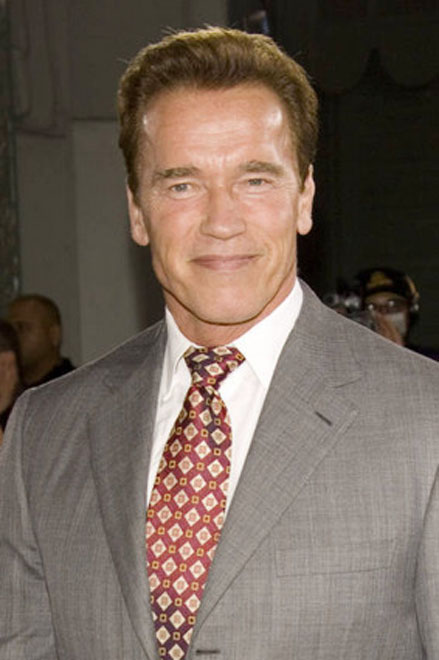He rode into Sacramento like a classic Western hero, a tough-talking outsider vowing to run the corrupt fat cats out of town.
But as California Governor Arnold Schwarzenegger brings down the curtain on his seven strange years in power, there's no fairytale ending, no heroic ride into the desert sunset.
Instead "The Governator" leaves what was once considered America's richest and most-populous state in a position of disarray, confusion and fiscal implosion that is by most measures even worse than when he started, dpa said.
No one knows what the former action movie star will do with his life now. Maybe a return to Hollywood, or a plunge into big business.
But one thing is clear: all that talk about the former Mr Universe one day making a run for US president is less likely than his winning an Oscar for his acting.
Schwarzenegger, 63, can boast of a few accomplishments. His promotion of California as the environmental leader of the United States was an important counterweight to the global warming policies of former president George W Bush.
But his promise to straighten out California's dysfunctional political system remains unfulfilled, as does his pledge to put the state on a sound long-term financial footing.
His record is so resoundingly bad that Californians elected his polar opposite to replace him - the humble, thrifty, idealistic and vastly experienced former two-term governor Jerry Brown, a Democrat who takes office on Monday.
But not all California's problems can be blamed on Schwarzenegger.
The ambitious movie star came to power in 2003 after organizing a special recall election against Democratic incumbent Gray Davis. The state had been thriving in the dotcom boom of the previouis decade, but found itself with a record 23.6-billion-dollar budget deficit following the crash in 2001.
Making matters worse was a disastrous energy crisis triggered by the deregulation policies of the previous Republican state administration that resulted in rolling blackouts through the land of the American dream.
Schwarzenegger's resounding victory made him a national political star. But he never managed to translate his initial popularity with voters into influence over the entrenched political powers in Sacramento, where he encountered strong opposition from conservative Republicans, the Democratic majority and the state's powerful labour unions.
As he failed to deliver on his key promises and California remained mired in political chaos, his love affair with voters also suffered, and by the end of Schwarzenegger's second term his approval rating hit 22 per cent - the same level as the reviled Democrat that he had replaced.
"People still like the man, but he was just ineffective," pollster Mark DiCamillo said. "He didn't do what he said he was going to do."
Schwarzenegger recently passed a pension reform bill that he claims will save the state 100 billion dollars over the decades to come. He championed a landmark state climate-change law and a successful ballot initiative that restores a simple majority vote to get the budget passed, rather than the two-thirds majority that is currently required.
But Joe Mathews, author of The People's Machine: Arnold Schwarzenegger and the Rise of Blockbuster Democracy, believes Schwarzenegger was failed by California rather than the other way around.
"He's completely allergic to ideology. He tried everything, and none of it worked," Mathews told the San Jose Mercury News.
"He proved that the system is broken. That's his legacy. He proved that we have to change the system."
Hasta la vista Arnie: Schwarzenegger's reign comes up short
California Governor Arnold Schwarzenegger brings down the curtain on his seven strange years in power, there's no fairytale ending, no heroic ride into the desert sunset.






